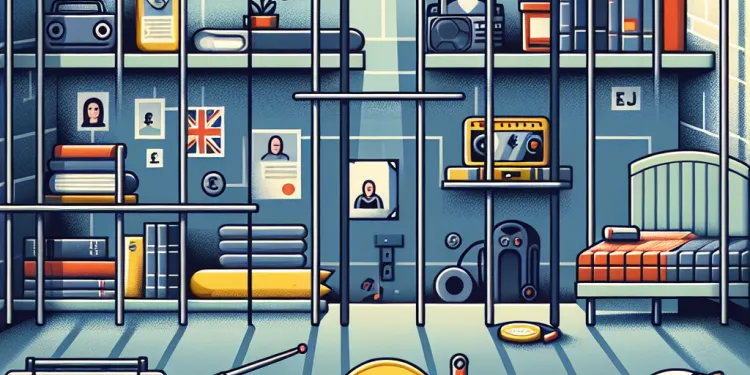
Find Help
More Items From Ergsy search
-
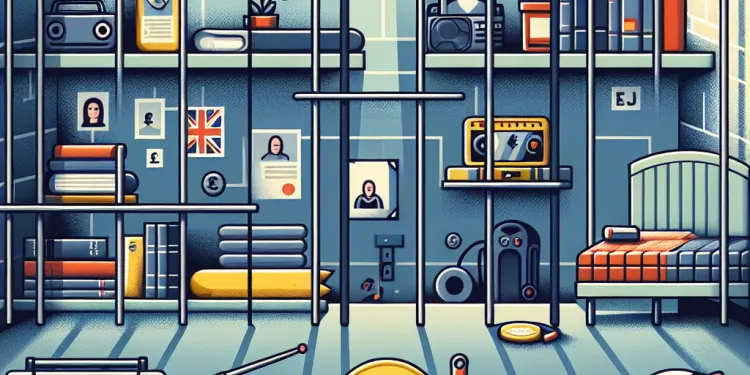
Can inmates have personal belongings?
Relevance: 100%
-
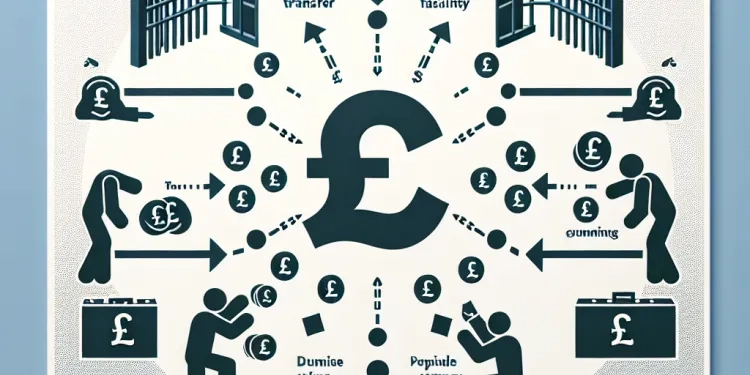
What happens if an inmate is transferred to another facility?
Relevance: 46%
-
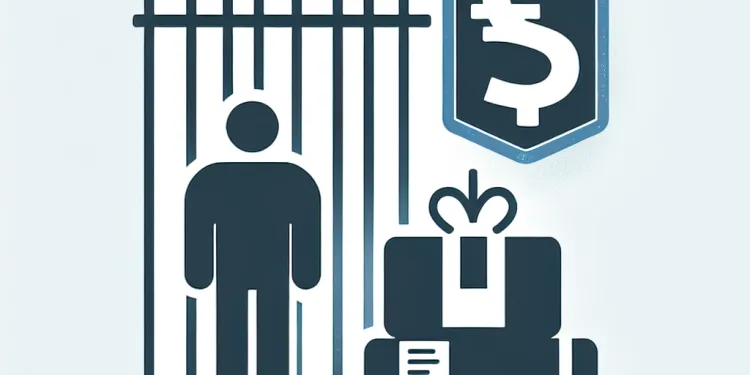
Can inmates receive packages?
Relevance: 45%
-
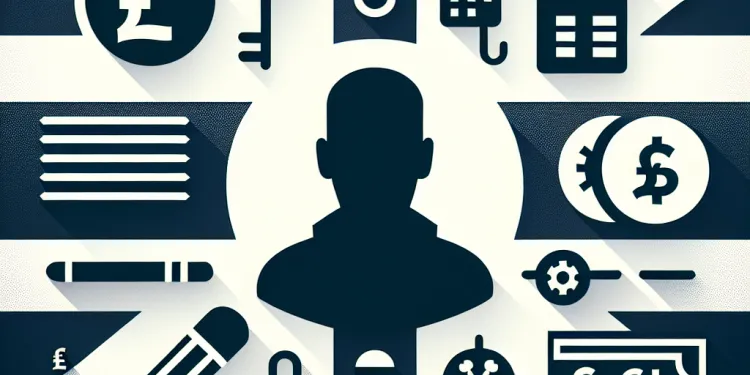
What are the rules for writing to an inmate?
Relevance: 43%
-

Can I send money to an inmate?
Relevance: 43%
-
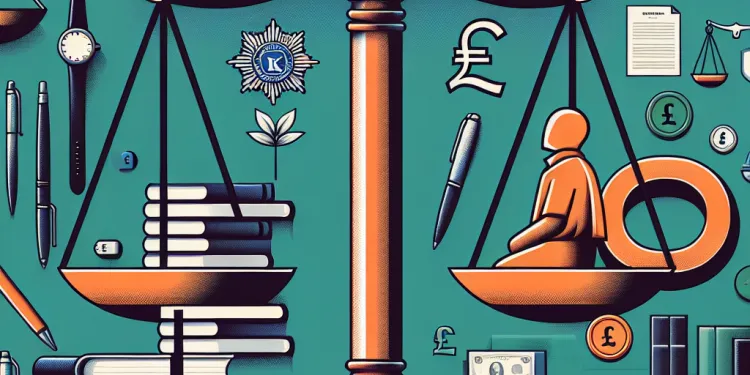
Can inmates access legal assistance?
Relevance: 41%
-

How can I advocate for an inmate's needs?
Relevance: 41%
-

What is an inmate commissary?
Relevance: 35%
-
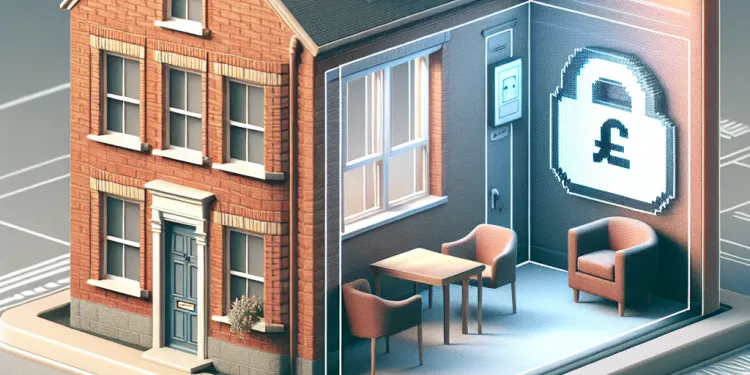
Can a landlord lock me out or remove my belongings to evict me?
Relevance: 34%
-

Bluetooth Tracker with Personal Alarm
Relevance: 28%
-
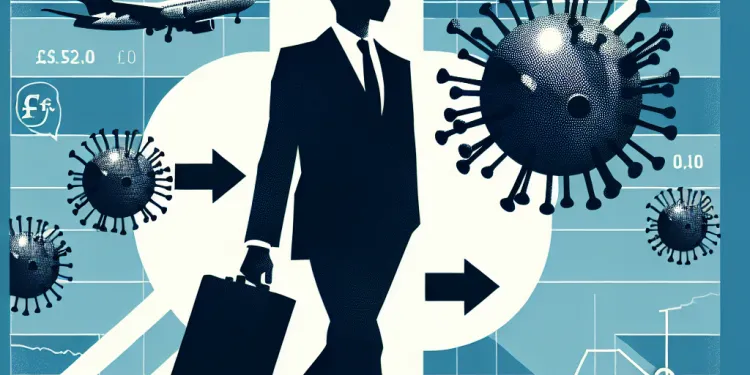
Can Chikungunya be transmitted from person to person?
Relevance: 25%
-

Can residents personalize their living space in a care home?
Relevance: 24%
-

Can nettle rash spread from person to person?
Relevance: 23%
-
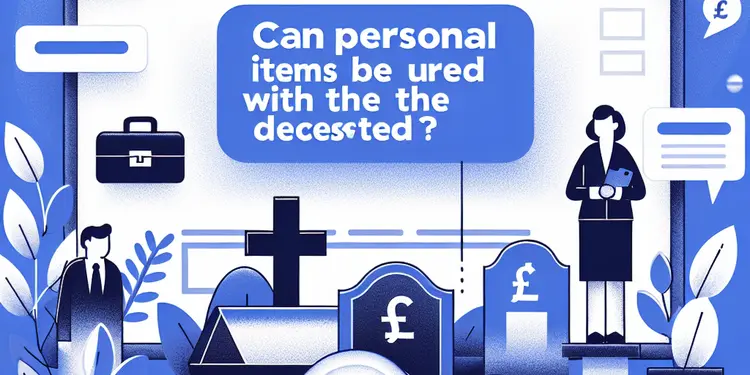
Can personal items be buried with the deceased?
Relevance: 23%
-
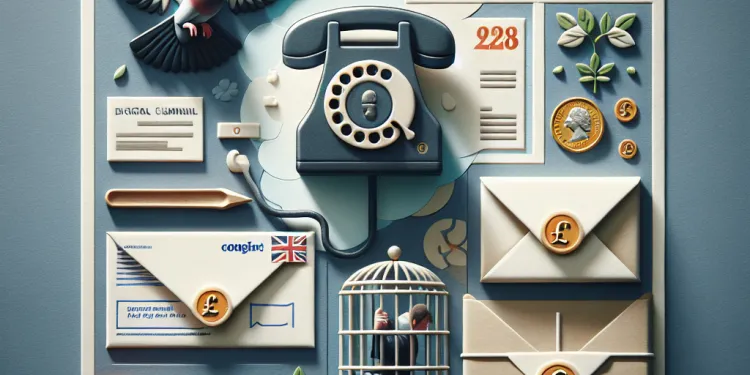
How can I contact someone in prison?
Relevance: 23%
-
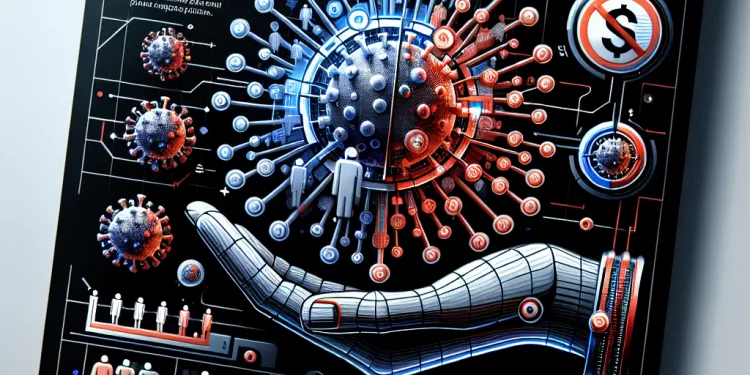
Can Nipah Virus be transmitted from person to person?
Relevance: 23%
-

Can Zika virus be spread from person to person in the UK?
Relevance: 23%
-

Is there a library service in the prison?
Relevance: 23%
-

What items can I send to someone in prison?
Relevance: 22%
-

How do I find out where they are incarcerated?
Relevance: 22%
-
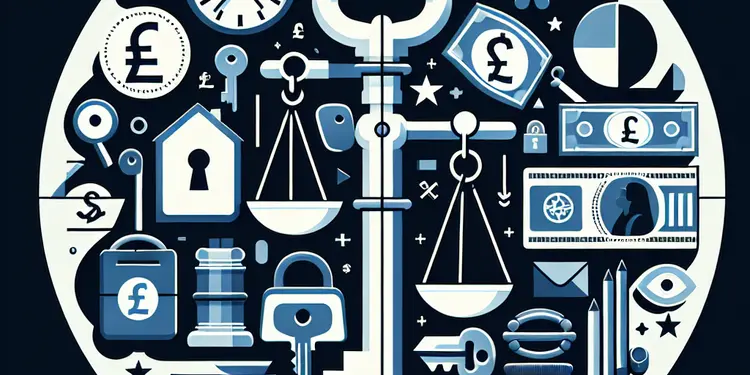
Who decides when a person with an indefinite prison sentence is released?
Relevance: 21%
-
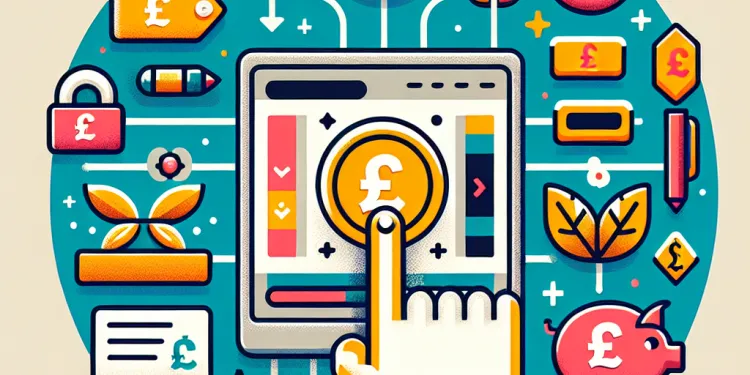
Will personal savings allowances be updated in 2026?
Relevance: 21%
-
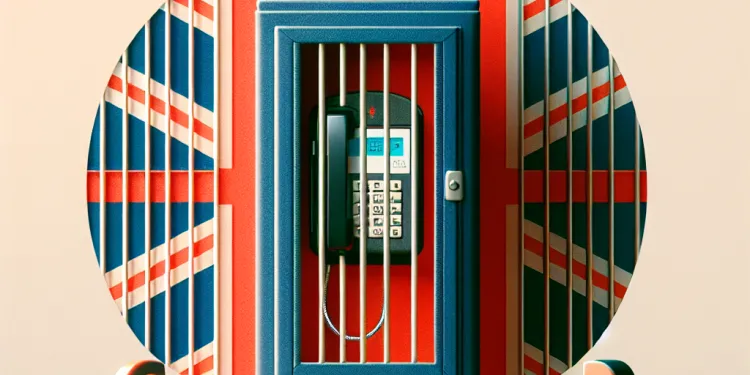
Are phone calls from prison free?
Relevance: 21%
-
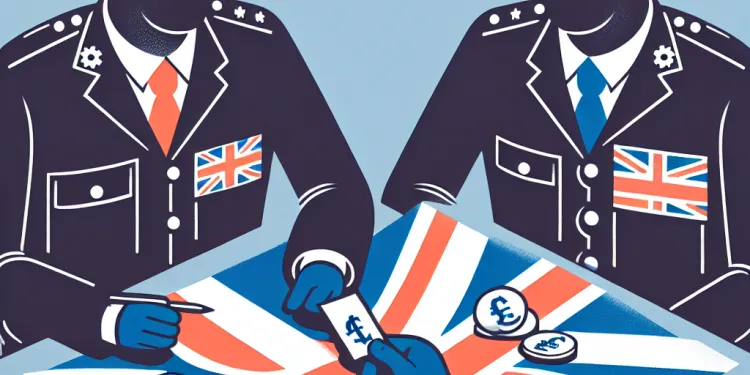
Will I meet with a prison officer?
Relevance: 20%
-

Will the personal allowance be altered for the 2026 tax year?
Relevance: 20%
-
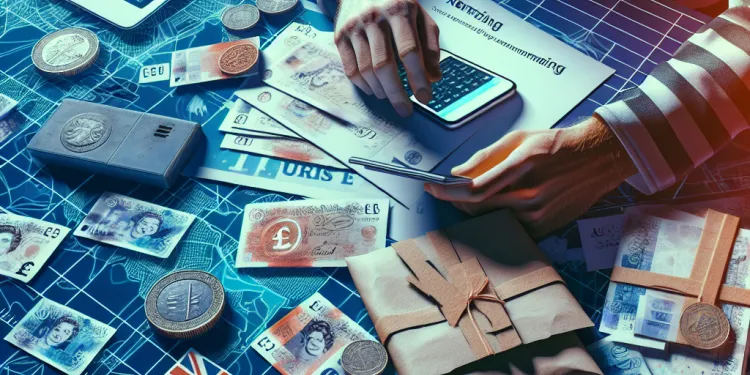
Can inmates send mail?
Relevance: 20%
-
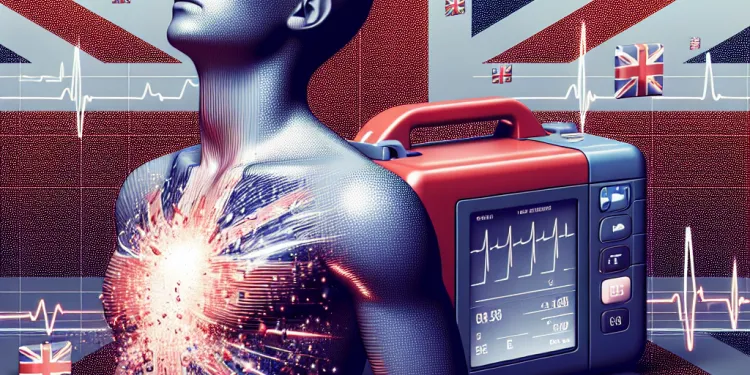
Can you use a defibrillator on a wet person?
Relevance: 20%
-
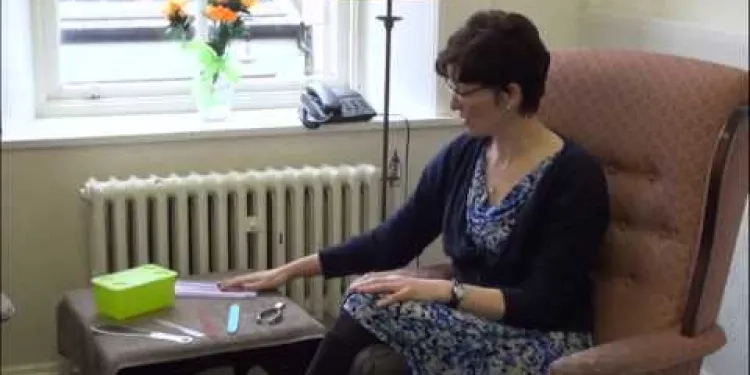
Podiatrist Personal Footcare
Relevance: 20%
-
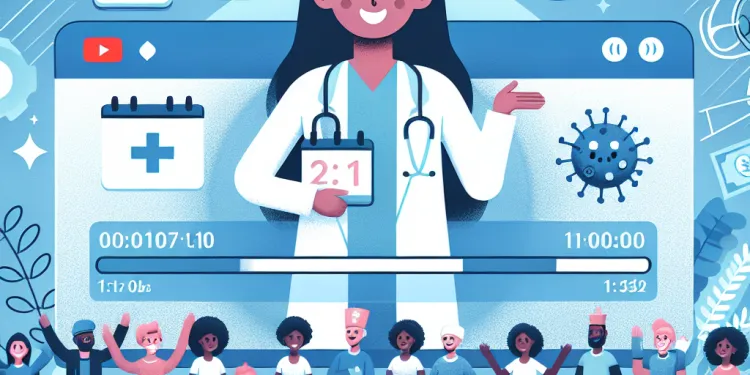
How long is a person with measles contagious?
Relevance: 19%
-

How do live-in caregivers manage their personal time?
Relevance: 19%
-
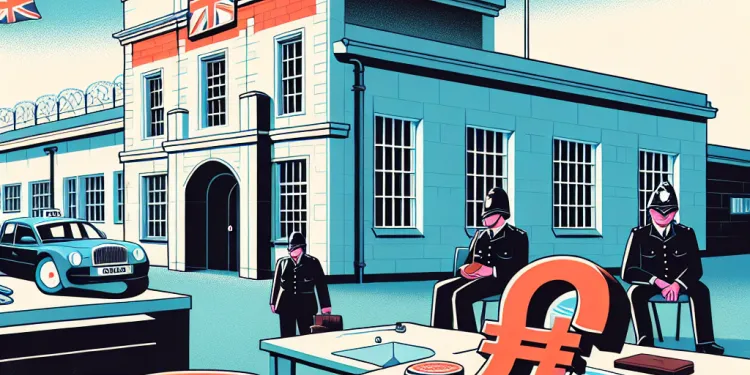
What to expect on the first day in a British prison.
Relevance: 19%
-

Short Films About Mental Health - Personality Disorders
Relevance: 19%
-

Someone I know has been sent to prison.
Relevance: 19%
-

What is Personal Independence Payment (PIP)?
Relevance: 19%
-

What is Personal Independence Payment (PIP)?
Relevance: 19%
-

Do I have to provide personal information to access a food bank?
Relevance: 19%
-

Does the EV grant apply to personal import vehicles?
Relevance: 19%
-

What types of programs are available for inmates?
Relevance: 18%
-
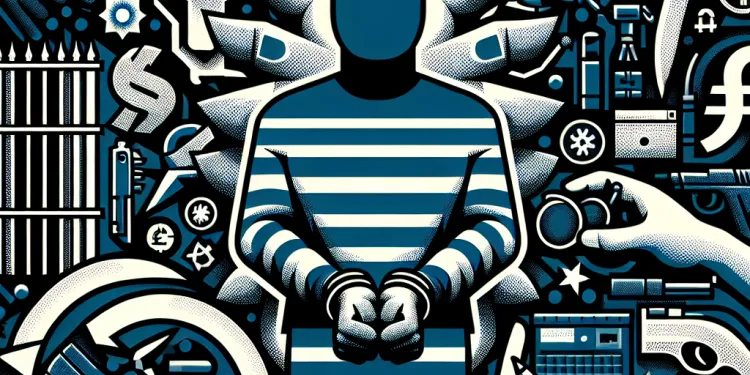
Do I get issued with prison clothing?
Relevance: 18%
-

Will I be in a shared or single cell?
Relevance: 18%
Introduction
The issue of whether inmates can have personal belongings is both complex and significant within the context of the UK's prison system. Understanding the regulations and policies that govern this aspect of prison life can provide insight into the balance between security requirements and the personal rights of prisoners.
Rules and Regulations
In the UK, the ability of inmates to possess personal belongings is governed by a combination of prison rules and specific policies set by individual institutions. These regulations are primarily focused on maintaining safety and security while also attempting to respect the dignity and rights of inmates. Typically, the type and amount of personal belongings an inmate can have will vary depending on the security level of the prison and the individual circumstances of each prisoner.
Types of Allowable Personal Belongings
Generally, inmates are permitted to have certain personal items, subject to approval. Common items include clothing, writing materials, photographs, and reading materials. Personal hygiene products are also allowed, though often these must be purchased through the prison commissary or supplied by the prison. Electronic items, such as radios or CD players, may be authorized, but these are often subject to strict regulations to prevent any potential security risks.
Restrictions and Limitations
The possession of personal belongings by inmates is subject to several restrictions. Items that could compromise safety, such as those that may be used as weapons or for contraband purposes, are prohibited. Additionally, prisons have limitations on the quantity of personal belongings to prevent clutter and maintain a secure environment. The introduction of new items usually requires a thorough inspection and approval process.
The Role of Personal Belongings in Rehabilitation
Allowing inmates to have personal belongings can play an important role in their rehabilitation process. Personal items serve to provide comfort and a sense of connection to the outside world, which can be vital for mental health and emotional well-being. By maintaining these connections, inmates may have an easier transition when reintegrating into society upon release.
Conclusion
While inmates in the UK are allowed to have personal belongings, the rules and regulations are carefully designed to balance security concerns with the need for humane treatment. The permitted personal items can contribute to an inmate's rehabilitation by offering comfort and maintaining personal identity. However, restrictions are necessary to ensure the safety and security of the prison environment. As policies continue to evolve, ongoing discussions around inmates' rights and prison conditions remain pivotal in shaping the future of the prison system in the UK.
Introduction
This text talks about prisoners in the UK and the personal items they can have. It's important to understand the rules about what things prisoners can keep with them. This helps balance safety and the personal rights of prisoners.
Rules and Regulations
In the UK, there are rules about what belongings prisoners can have. These rules help keep everyone safe but also try to respect prisoners' rights. The rules can be different in each prison. What a prisoner can keep depends on their prison and their personal situation.
Types of Allowable Personal Belongings
Prisoners can have some personal things, but they need approval first. They can usually have clothes, paper and pens, pictures, and books. They are also allowed to have hygiene products, but sometimes they have to buy them from the prison shop. Some electronics like radios might be allowed, but there are strict rules about them to keep everyone safe.
Restrictions and Limitations
There are strict rules about what prisoners can't have. Things that can be dangerous or used as weapons are not allowed. Prisons also limit how many personal items someone can have to keep everything safe and tidy. New things a prisoner wants to have must be checked and approved.
The Role of Personal Belongings in Rehabilitation
Letting prisoners have personal items can help them get better. These things can make them feel more comfortable and connected to the outside world. This connection is important for their mental well-being and helps them when they leave prison.
Conclusion
Prisoners in the UK can have personal belongings, but there are careful rules to keep prisons safe. Having these items can help prisoners feel better and keep their identity. But safety is very important too. As rules change, it's important to talk about prisoners' rights and what their life in prison should be like.
Frequently Asked Questions
Can inmates have personal belongings in prison?
Yes, inmates are allowed to have certain personal belongings, but there are strict guidelines on what is permitted.
What types of personal belongings are inmates typically allowed to have?
Inmates are typically allowed to have personal hygiene items, letters, photos, approved reading materials, and some clothing items.
Are inmates allowed to have electronic devices?
In general, inmates are not allowed to have personal electronic devices such as cell phones or tablets. Some facilities may provide limited access to computers.
Can inmates receive personal belongings from family and friends?
Yes, but there are restrictions. Items must go through security screenings and only approved items are allowed.
Are inmates allowed to have money or bank cards?
Inmates are not allowed to have cash or bank cards, but they can have a prison account where money can be deposited for commissary purchases.
How can inmates receive clothing items?
Inmates generally receive clothing from the facility, but some personal items like underwear or socks may be allowed if they meet specific guidelines.
Is there a limit to how many personal belongings an inmate can have?
Yes, there is usually a limit based on the amount of space in their cell and specific facility rules.
Can inmates have jewelry or personal accessories?
Generally, inmates are only allowed to have simple wedding bands or religious items.
What happens to an inmate's belongings when they are first incarcerated?
Personal belongings are inventoried, and non-permitted items are stored or returned to family members.
Can an inmate have books or magazines in their possession?
Yes, inmates can have books and magazines, but they need to be approved and often have to be sent directly from the publisher or bookstore.
Are inmates allowed to have personal hygiene products?
Yes, inmates can have personal hygiene products, but they must be non-toxic and approved by the facility.
Can inmates keep musical instruments?
This varies by facility, but generally, musical instruments are not allowed in cells, although some facilities may have programs that provide access.
Are inmates allowed to have food or snacks?
Inmates can purchase approved food and snacks from the commissary, but they cannot have outside food brought in.
Can inmates have their own bedding or pillows?
Inmates usually must use facility-provided bedding, though some may allow personal items that meet specific guidelines.
Are inmates allowed to have art materials?
Some facilities permit art materials for personal use, but they are usually restricted and must be obtained through approved channels.
Can inmates have religious items?
Yes, inmates can possess religious items such as prayer books, rosaries, or yarmulkes, but they are subject to approval.
Do inmates have access to personal grooming appliances?
Inmates can typically access grooming appliances like clippers, but these are usually shared and not privately owned.
Can inmates have personal letters and photographs?
Yes, inmates can keep personal letters and photographs, though there may be restrictions on explicit content.
Are inmates allowed to have stationery for writing?
Inmates can have stationery to write letters, and they can usually purchase writing materials from the commissary.
What happens to an inmate's belongings when they are released?
Belongings that were stored during incarceration should be returned to the inmate upon release, though the process can vary by facility.
Can people in prison have their own things?
People in prison can have some of their own things, but not everything. They might be able to have photos, books, or letters. Each prison has rules about what they can keep.
If you're not sure, ask someone who works at the prison. They can help explain the rules.
If reading is hard, you can try using an audiobook to hear the words or ask someone to read it to you.
Yes, people in jail can have some personal things. But, there are strict rules about what they can have.
What things can people in prison usually keep?
People in prison can usually have some things just for them. They can have things to keep clean, like a toothbrush. They can have letters from friends and family. They can have pictures, too. They can also have some books and some clothes.
Can people in prison have electronic gadgets?
People in prison usually can't have electronic gadgets like phones or tablets. These rules keep everyone safe.
Some prisons let people use special computers for learning or calling family. These computers have extra safety rules.
If you want to know more, you can ask a prison officer or check the prison rules.
People in prison usually cannot have their own phones or tablets. Some prisons might let them use computers a little bit.
Can people in prison get things from family and friends?
People in prison may be able to get things from family and friends, but there are rules. Ask the prison staff what is allowed. Family and friends can ask for help if they don't understand the rules. They can use online tools or ask support groups for advice.
Yes, but there are rules. Things must be checked by security, and only allowed things can go through.
Can people in prison have money or bank cards?
People in prison can have some money, but not bank cards. They can use the money for small things like snacks or soap.
People in prison cannot have cash or bank cards. They can have a prison account. Family and friends can put money in this account. Then, inmates can use it to buy things from the prison shop.
How can people in prison get clothes?
People in prison need clothes to wear. Here's how they can get them:
1. **Prison Gives Clothes**: The prison usually gives clothes to the people who live there.
2. **Family and Friends**: Sometimes, family or friends can send clothes to a person in prison. They may need to follow special rules.
3. **Ask for Help**: If someone in prison needs more clothes, they can ask the prison staff for help.
Using simple sentences and pictures can help understand this better. Ask someone you trust to explain if you need more help.
People in prison usually get clothes from the prison. But they might be able to have their own underwear or socks, if these meet certain rules.
Can an inmate have a lot of personal things?
Yes, there is often a limit. This is because there isn’t a lot of space in the cell and there are special rules to follow.
Can people in prison have jewelry or personal items?
In jail, people can usually only have a simple wedding ring or religious items.
What happens to a person’s things when they go to prison?
When someone goes to prison, their things are taken away. These things are kept safe until they leave prison. A prison officer will write down what they have. It is important to tell the officer if something is special or expensive.
Tools like pictures or simple lists can help understand and remember this information.
We make a list of your personal things. If you have items you cannot keep, we will store them or give them back to your family.
Can a person in prison have books or magazines?
Yes, people in prison can have books or magazines. Here are some easy tips:
- Check prison rules. Different places have different rules about what books or magazines are allowed.
- Get help from a friend or family member. They can send books or magazines to the person in prison.
- Use audiobooks. Listening to books can be fun and helpful.
- Ask for help from a librarian. They can find books that are allowed.
Reading can be a great way to learn and pass time!
Yes, people in prison can have books and magazines. But the books and magazines must be checked and usually sent straight from the bookshop or publisher.
Can people in prison have things for keeping clean?
Yes, people in jail can have products to stay clean. But the products must be safe and allowed by the jail.
Can prisoners have musical instruments?
This is different at each place. But usually, people can't have musical instruments in their cells. Some places might have special programs where people can use them.
Can people in prison have food or snacks?
Yes, they can have food and snacks. But there are rules about what they can have.
Here are some ways to understand these rules better:
- Ask the guards or staff for help.
- Look at any posters or signs that explain what is allowed.
- Use picture guides if they are available.
People in prison can buy special food and snacks from a store inside the prison. They are not allowed to get food from outside the prison.
Can people in prison have their own blankets or pillows?
People in prison might wonder if they can use their own blankets or pillows. This is an important question for comfort.
Here's what they need to know:
- Prisons usually give everyone blankets and pillows.
- People might not be allowed to bring their own from home.
- If someone needs special bedding for health reasons, they should speak to a prison officer or nurse.
Tools that might help:
- Ask questions if unsure about what is allowed.
- Use simple pictures or lists to remember the rules.
People in prison usually have to use the sheets and blankets that are given to them. But sometimes, they can bring their own things if they follow the rules.
Can people in prison have art supplies?
Yes, people in prison can have art supplies. But there are rules about what they can have. They might have pencils, crayons, or paper. It is important for them to follow the rules.
If you want more help, you can ask someone or use tools like pictures and simple words.
Some places let people have art supplies, but there are rules. You have to get them in the right way.
Can people in prison have religious things?
People in prison can have religious things like books, necklaces, or prayer mats. These help them pray and feel closer to their religion.
If you or someone you know is in prison and wants religious items, ask the prison staff. They can help you get what you need.
Using pictures or asking someone to help read can also be useful.
Yes, people in prison can have religious items like prayer books, rosaries, or yarmulkes. But they need permission first.
Can people in prison use things to take care of themselves, like hairbrushes?
People in prison can use things like hair clippers to help them look tidy. But they usually have to share these, and they cannot keep them for themselves.
Can people in prison get letters and pictures?
Yes, people in prison can get letters from friends and family. They can also have pictures.
Sending letters and pictures can help people in prison feel better.
To help understand, you can use picture dictionaries or ask someone to explain.
Yes, people in prison can keep personal letters and photos. But there might be rules about what they can have in the pictures and letters.
Can people in prison have pens and paper for writing?
People in prison can have paper and pens to write letters. They can usually buy these things from the prison shop.
What happens to a prisoner's things when they leave?
When a person leaves prison, they get back their things.
Tools that can help:
- Ask someone to help you if you have questions.
- Use pictures or videos to understand better.
- Use apps that read out text to you.
When someone is in jail, their things are kept safe. When they get out, they should get their things back. How this happens can be different at each jail.
Useful Links
Have you found an error, or do you have a link or some information you would like to share? Please let us know using the form below.
-->
This website offers general information and is not a substitute for professional advice.
Always seek guidance from qualified professionals.
If you have any medical concerns or need urgent help, contact a healthcare professional or emergency services immediately.
Some of this content was generated with AI assistance. We’ve done our best to keep it accurate, helpful, and human-friendly.
- Ergsy carfully checks the information in the videos we provide here.
- Videos shown by Youtube after a video has completed, have NOT been reviewed by ERGSY.
- To view, click the arrow in centre of video.
- Most of the videos you find here will have subtitles and/or closed captions available.
- You may need to turn these on, and choose your preferred language.
- Go to the video you'd like to watch.
- If closed captions (CC) are available, settings will be visible on the bottom right of the video player.
- To turn on Captions, click settings .
- To turn off Captions, click settings again.
More Items From Ergsy search
-

Can inmates have personal belongings?
Relevance: 100%
-

What happens if an inmate is transferred to another facility?
Relevance: 46%
-

Can inmates receive packages?
Relevance: 45%
-

What are the rules for writing to an inmate?
Relevance: 43%
-

Can I send money to an inmate?
Relevance: 43%
-

Can inmates access legal assistance?
Relevance: 41%
-

How can I advocate for an inmate's needs?
Relevance: 41%
-

What is an inmate commissary?
Relevance: 35%
-

Can a landlord lock me out or remove my belongings to evict me?
Relevance: 34%
-

Bluetooth Tracker with Personal Alarm
Relevance: 28%
-

Can Chikungunya be transmitted from person to person?
Relevance: 25%
-

Can residents personalize their living space in a care home?
Relevance: 24%
-

Can nettle rash spread from person to person?
Relevance: 23%
-

Can personal items be buried with the deceased?
Relevance: 23%
-

How can I contact someone in prison?
Relevance: 23%
-

Can Nipah Virus be transmitted from person to person?
Relevance: 23%
-

Can Zika virus be spread from person to person in the UK?
Relevance: 23%
-

Is there a library service in the prison?
Relevance: 23%
-

What items can I send to someone in prison?
Relevance: 22%
-

How do I find out where they are incarcerated?
Relevance: 22%
-

Who decides when a person with an indefinite prison sentence is released?
Relevance: 21%
-

Will personal savings allowances be updated in 2026?
Relevance: 21%
-

Are phone calls from prison free?
Relevance: 21%
-

Will I meet with a prison officer?
Relevance: 20%
-

Will the personal allowance be altered for the 2026 tax year?
Relevance: 20%
-

Can inmates send mail?
Relevance: 20%
-

Can you use a defibrillator on a wet person?
Relevance: 20%
-

Podiatrist Personal Footcare
Relevance: 20%
-

How long is a person with measles contagious?
Relevance: 19%
-

How do live-in caregivers manage their personal time?
Relevance: 19%
-

What to expect on the first day in a British prison.
Relevance: 19%
-

Short Films About Mental Health - Personality Disorders
Relevance: 19%
-

Someone I know has been sent to prison.
Relevance: 19%
-

What is Personal Independence Payment (PIP)?
Relevance: 19%
-

What is Personal Independence Payment (PIP)?
Relevance: 19%
-

Do I have to provide personal information to access a food bank?
Relevance: 19%
-

Does the EV grant apply to personal import vehicles?
Relevance: 19%
-

What types of programs are available for inmates?
Relevance: 18%
-

Do I get issued with prison clothing?
Relevance: 18%
-

Will I be in a shared or single cell?
Relevance: 18%


